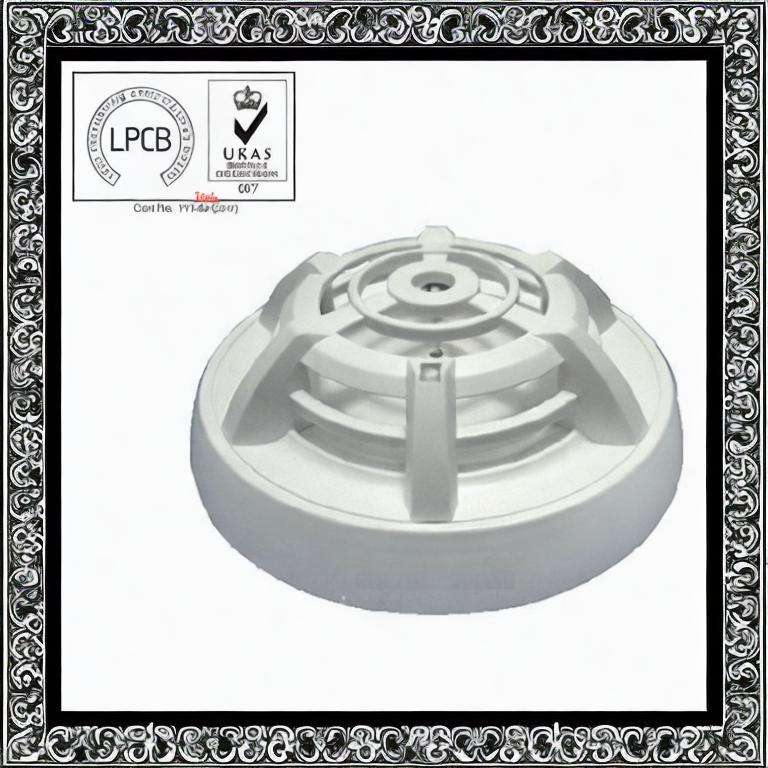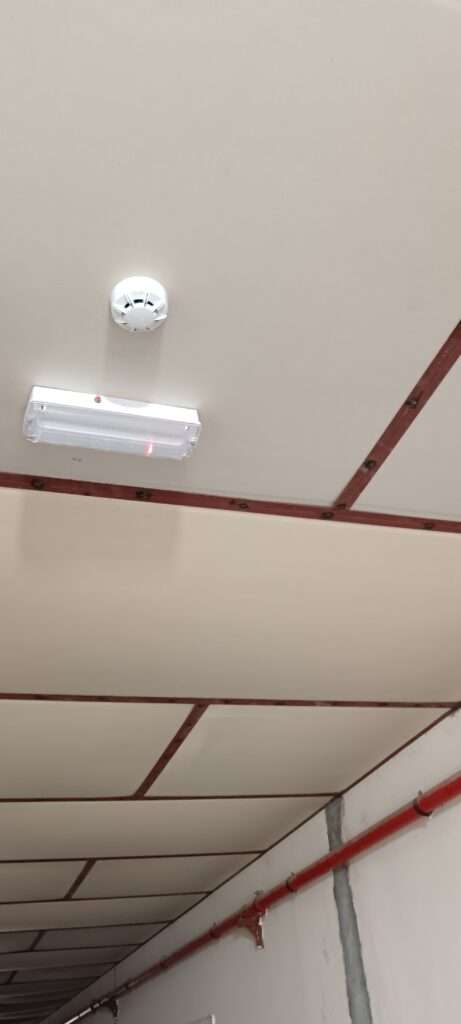Fire alarms in apartments are more than mandatory safety features; They are the silent protectors that can make the difference between life and death. Emergencies are unpredictable, and being prepared can be the key to survival. In this comprehensive article, we will explore the intricacies of apartment fire alarms, delving into their types, technology, and their important role in ensuring the safety of life

Importance of Fire Alarms
Fire alarms are not just helpful tools but important components of residential safety. They act as the first line of defense, providing early warning that can save precious seconds during an emergency.
Types of Apartment Fire Alarms
1. Smoke alarm
Smoke alarms are the most common type, which detects smoke particles in the air and triggers an alarm when a potential fire is detected.

2. Heat Alarm
Heat alarms respond to increased temperatures and are suitable for areas where smoke alarms may produce false alarms, such as kitchens.

3. Carbon Monoxide Alarm
Carbon monoxide is a silent killer. These alarms detect the presence of this colorless and odorless gas, providing early warning.
Installation Guidelines
1. Proper installation is important.
Alarms should be strategically placed to ensure optimal coverage.
2. Maintenance Tips
Regular checking and battery replacement are essential for the reliable functioning of the fire alarm.

The Technology Behind Fire Alarms
A. sensor system
Understanding sensor mechanisms such as ionization and photoelectric sensors provides insight into how alarms detect potential threats.
B. smart fire alarm
1. Integration with Home Automation
Smart fire alarms can be integrated with home automation systems, allowing
2. Mobile Alerts and Notifications
Receive real-time alerts on your mobile device, increasing responsiveness during emergencies.
Real-life Stories of Life-saving Incidents
A. Testimonials from Survivors
Hearing first-hand experiences emphasizes the real impact of fire alarms on saving lives.
B. Statistics on fire alarm effectiveness
Analysis of statistics shows the effectiveness of fire alarms in reducing casualties and property damage.
Fire Alarm Regulations for Apartments
A. legal Of requirements
It is understanding the legal obligations of landlords and tenants regarding fire alarm installation and maintenance.
B. Consequences of non-compliance
We are highlighting the possible legal consequences of neglecting fire safety rules.
Preparing for Emergencies
A. fire evacuation plans
Developing and practicing fire evacuation plans enhances preparedness.
B. emergency kit
Assembling emergency kits with essential items ensures readiness during evacuation.
Insurance Of Benefits
Highlighting how fire alarm installation can have a positive impact on insurance premiums.
Challenges in Apartment Fire Alarms Safety
A. Aging Infrastructure
To address the challenges associated with old building infrastructure and its impact on fire safety.
B. tenant education
Emphasizing the role of educating tenants in promoting a safe living environment.
Future Trends in Apartment Fire Alarm Technology
A. evolving characteristics
Anticipating future advancements in fire alarm technology including advanced features for better safety.
conclusion
The importance of having a fire alarm in your apartment cannot be overstated. Fire alarm apartment is not just a bunch of words. This represents an important safety measure that can save lives when you least expect it. As we delve deeper into the various aspects of apartment fire alarms, from their types and technology to the importance of regular maintenance and compliance with regulations, it becomes clear that these devices are indispensable.
FAQs
1. Why is it important to have a fire alarm in an apartment?
2. Fire alarms in an apartment are important for early detection of potential fire hazards, giving residents valuable time to safely evacuate and minimize damage.
3. What types of fire alarms are suitable for apartments?
4. Smoke alarms, heat alarms, and carbon monoxide alarms are commonly used in apartments. The choice depends on the specific needs and layout of the living space.
5. Where should I install a fire alarm in my apartment?
6. Install fire alarms in key areas such as bedrooms, hallways, and near the kitchen.
7. How often should I test my apartment fire alarm?
8. Regular testing, ideally every month, ensures that the fire alarm is in proper working condition. This simple practice increases the reliability of the device.
9. Can I change the batteries in my apartment’s fire alarm myself?
10. Yes, changing batteries is a straightforward job and can usually be done by residents. Follow the manufacturer’s instructions and use high-quality batteries to maintain optimal functionality.
11. Are there legal requirements for fire alarms in apartments?
12. Yes, many have legal requirements mandating the installation and maintenance of fire alarms in apartments. Do apartment fire alarms detect carbon monoxide?
13. Some fire alarms are equipped with carbon monoxide detectors, which provide dual function. If not, it is advisable to install a separate carbon monoxide alarm in the apartment.


